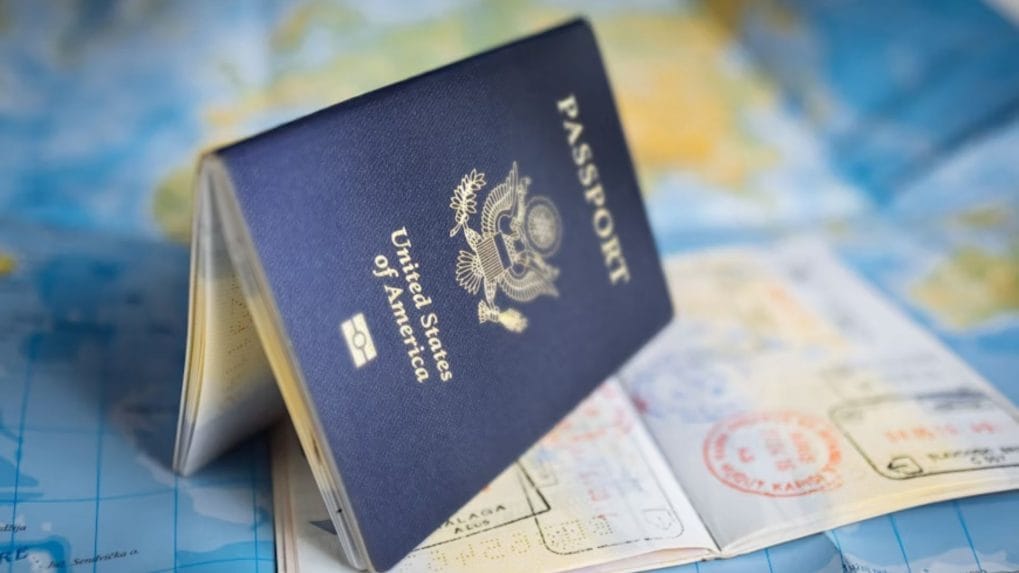Advertising
From Pink Slips to Silent Sidelining: Inside adland’s layoff and anxiety crisis

US President Donald Trump stunned the tech world overnight by announcing a dramatic increase in the cost of the skilled worker permit, popularly known as the H1-B visa, from its previous fee to $100,000—a reported 50-fold rise. The move has triggered panic and confusion among aspirants, particularly from IITs, IIMs, and other leading Indian institutes.
A first-year MBA student shared, "My parents took a hefty loan for me to study in one of India's top colleges, believing a US placement would secure my future. Now, I'll have to realign my strategy".
An IIT Delhi student, however, struck a more optimistic note, saying, "America's political administrations change frequently. This chaos is temporary, and things should stabilize after a few years".
When asked about working in India, many respondents said that working in domestic startups, or Global Capability Centres (GCCs), may not seem as lucrative as a US job, but they acknowledge it isn't unrewarding.
Each year, nearly 300,000 Indians travel to the US for higher education, with many linking their prospects to H-1B visa opportunities. Experts say the new rules could shift campus hiring opportunities within India as the visa framework shifts to favour only the highest-skilled roles.
'Freshers hiring at GCC'
Abhimanyu Saxena, Co-Founder, Scaler and InterviewBit, said the visa rules could accelerate the trend of young professionals gaining richer exposure and faster career progression at home.
"Global companies expanding their India headcount and assigning entry-level professionals greater responsibilities," he noted.
Ritika Gupta, CEO & Counsellor, AAera Consultants, added that GCCs are well-positioned to buffer the impact by taking on quasi-global roles. "They can accelerate career trajectories through remote international project experience, rotational leadership development programs, and performance-linked incentives that mirror global packages," she explained.
GCCs already employ nearly 20 lakh professionals, contributing $46 billion in exports. By 2030, the sector is projected to grow to $110 billion with over 2.5 million employees.
Kapil Joshi, CEO of IT Staffing at Quess Corp, believes that a visa hike will make overseas talent deployment prohibitively costlier, prompting companies to strengthen their India-based operations.
"If supported with the right skilling and supportive policies, GCCs can turn this disruption into a long-term advantage for India’s workforce," he said.
However, Kamal Karanth, co-founder of specialist staffing solutions firm Xpheno, pointed out that IT freshers hiring has been subdued for the past three years due to margin pressures and reduced enterprise spending. While the H1-B shock is the latest one. "Campus hiring is already in a prolonged low phase, and the new H-1B shock won't materially alter this trajectory".
Meanwhile, many students have started looking beyond the US. "Even if America shuts its doors, Canada, Australia, the UK, and Singapore remain strong options," said a Bengaluru-based MBA student.
From purpose-driven work and narrative-rich brand films to AI-enabled ideas and creator-led collaborations, the awards reflect the full spectrum of modern creativity.
Read MoreLooking ahead to the close of 2025 and into 2026, Sorrell sees technology platforms as the clear winners. He described them as “nation states in their own right”, with market capitalisations that exceed the GDPs of many countries.